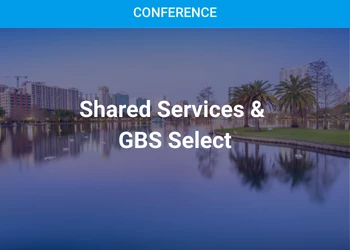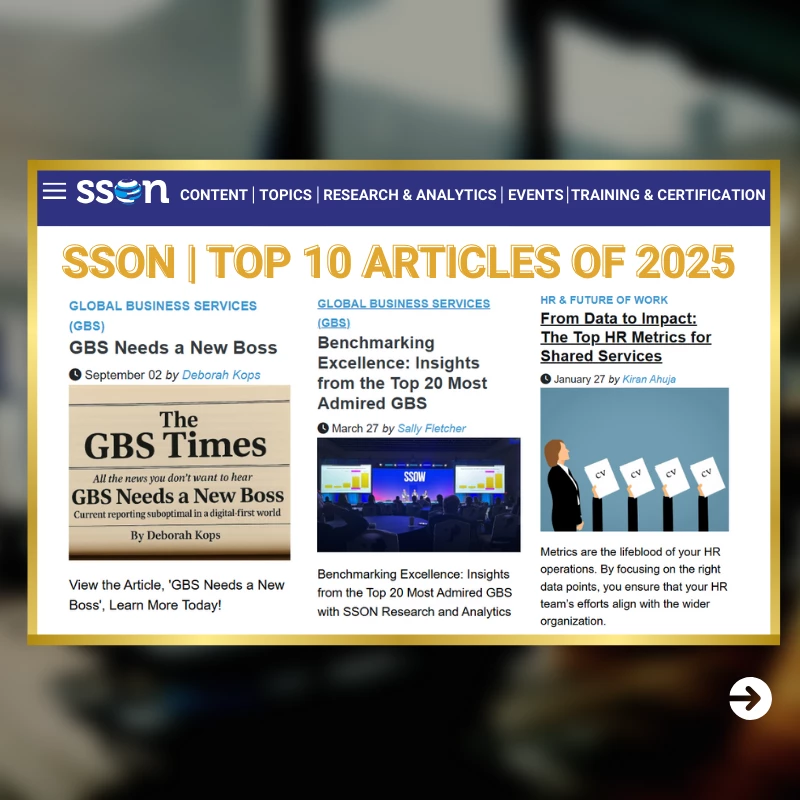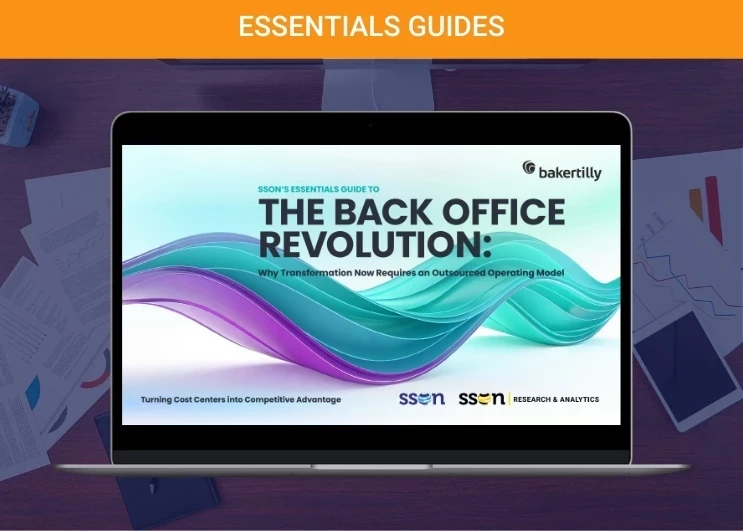End-to-End and Process Ownership: Do GPOs Drive More Transparency and Efficiency?
Add bookmark
David Hughes is the Shared Services Director at Bidvest Noonan, as well as a member of SSON’s global advisory board. If you are interested in learning more about the advisory board, click here.
The role of Global process owners (GPO) in my opinion has never been more important than in today’s world economy. As companies strive more and more to leverage global operating models, the GPO role provides the glue that keeps processes fully optimized through strong end-to-end process ownership across functions, geographies, and business divisions. After two years of a global pandemic we see, now more than ever, the importance of standardized and efficient business processes that can operate effectively even when customers, employees, and vendors are working remotely.
In my various shared services leadership roles, I have seen different models for where the GPO roles reside in the enterprise. Of course, within shared services environments there are natural process owners for back office and middle office functions, but now we see these roles operating at even higher levels in the organization.
In these more elevated roles outside of a delivery organization such as shared services, the GPO is given greater accountability for driving process efficiency, cutting through any functional silos that can exist or develop as the business grows organically or through acquisition.
Interestingly, this is one area where I see huge potential for the GPO to add even more value in a growing organization.
In one of my previous roles, we were integrating ten operating companies across a large Oil and Gas company in the Middle East. Each entity had its own ways of working, own unique culture, and own unique processes. In this example, the approach taken was simply to use the underlying ERP system as the basis of future process standardization. Entities were migrated to the ERP and expected to adopt the new processes in their business line.
With the benefit of hindsight there are three lessons learned I think any company should consider in order to maximize the power of Global Process Ownership:
It’s not about the who, it’s about the how
Some organizations are reluctant to appoint GPOs because of the internal politics that exist. They may feel that by appointing a single GPO it will create unnecessary internal tension or that the individual will drive their own agenda. Consider a company that has been through a number of acquisitions – do they feel comfortable in appointing a GPO that may only have experience in one entity/function/division? How would this be perceived by other stakeholders in the process? In reality, most companies get hung up on the who rather than focusing on the how – how will the GPO bring collaboration, how will they bring innovation, how will they drive continuous improvement? This is what really matters. Generating the discussions that most companies don’t dedicate enough time or energy to. Empowering GPOs to drive service excellence should be at the forefront of the decision.
Define a clear vision of the future process
A GPO needs to define and articulate a bold vision for how the process will look in the future. That vision needs to be crafted after looking inside the organization (what do we need?) as well as looking outside the organization (what are others doing?). The GPO identifies the gap from where the organization is now to where it wants to be in the future, and they obsess about the improvement projects that will enable that shift in performance. The ability to adapt and flex the vision based on strategic priorities and new opportunities is a key skill set the GPO needs to bring to the table.
Plan, Plan, Plan
The use of scenario planning, sometimes referred to as strategic wargaming, is the strategic tool of choice when uncertainties and risks abound. Taking the time to craft scenarios that are tuned to represent the various extremes the future may bring, and thinking through their implications so that your organization is on the front foot, is what is needed at this time. There are now more than ever so many external factors affecting business performance – global pandemics, global supply chain disruption, the impact of war, rising inflation, labour shortages. Each of these factors can and should play an instrumental role in defining what business processes are needed for the organisation to be successful and profitable. The GPO should play a pivotal role in orchestrating these thought processes and defining sustainable solutions.
If you are interested in learning more, look out for David’s podcast with Barbara Hodge on #SSONext – the industry’s premier podcast!

































